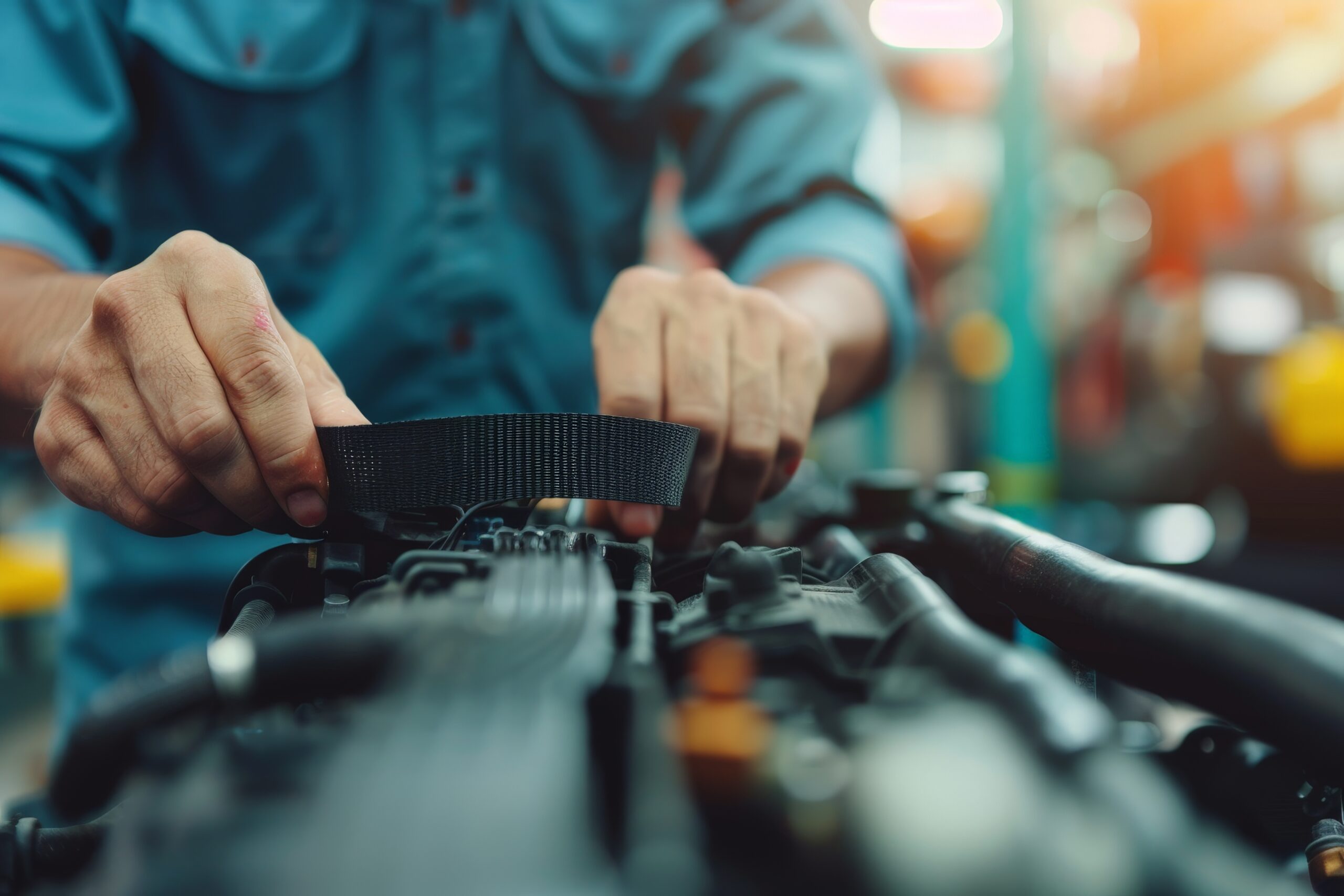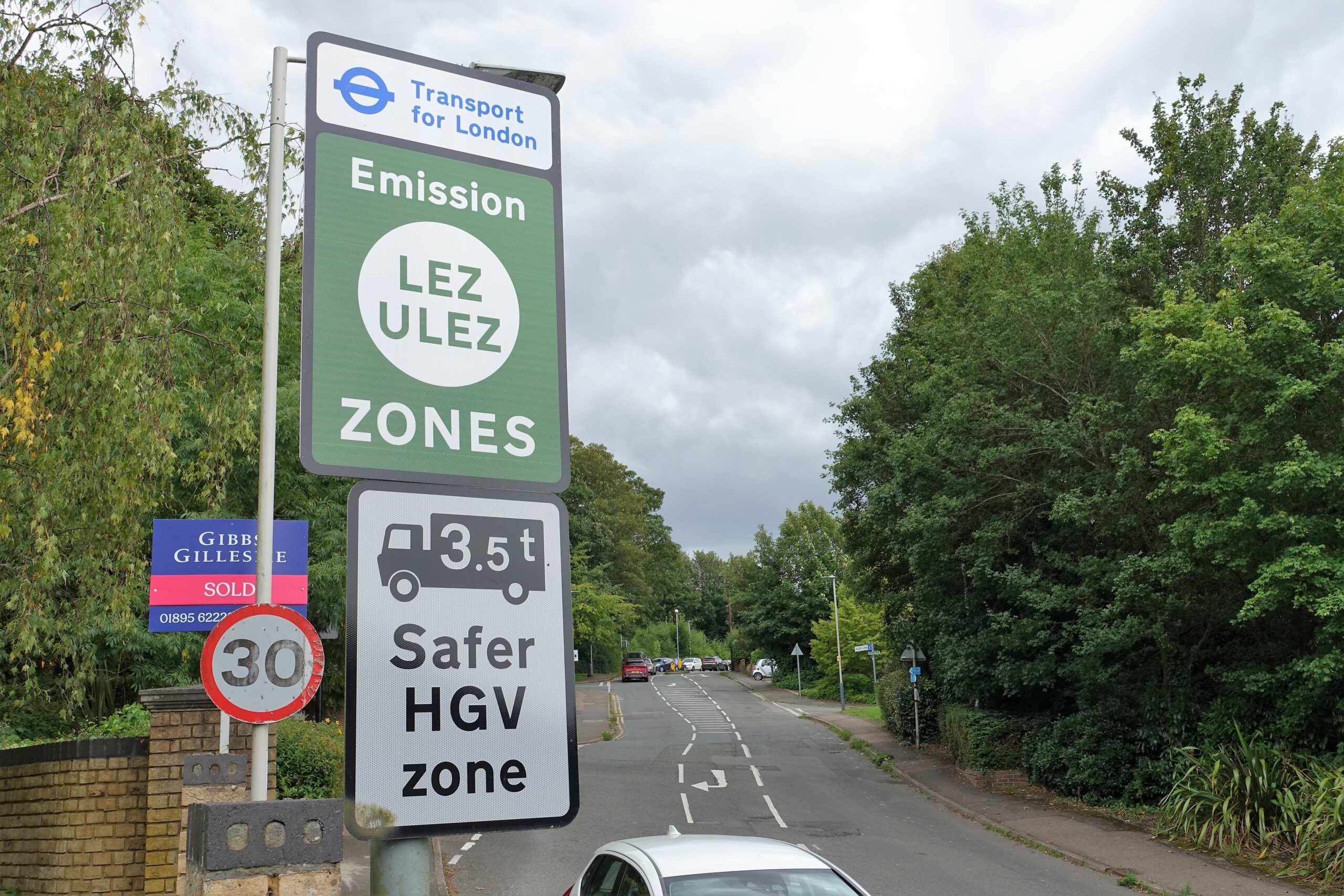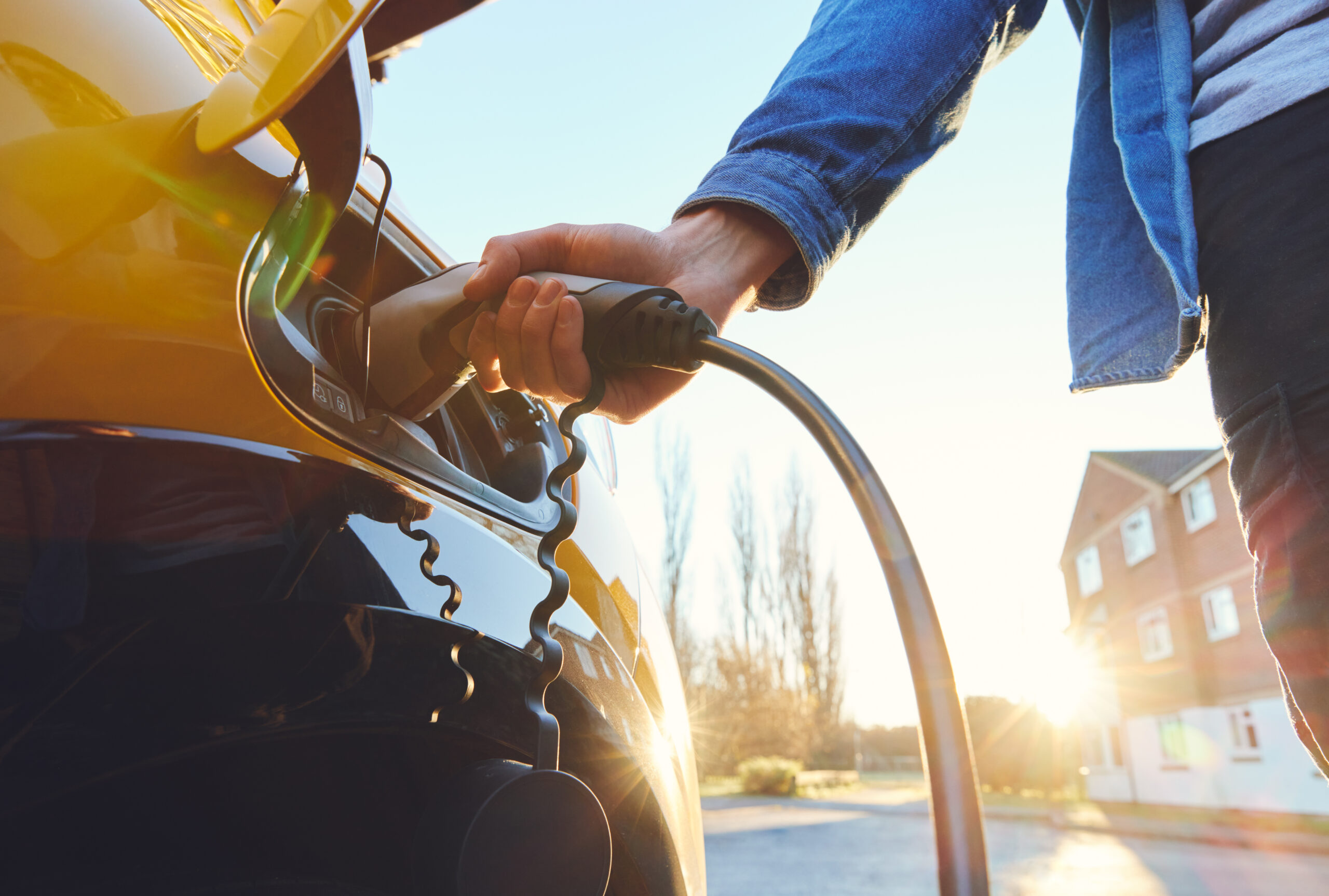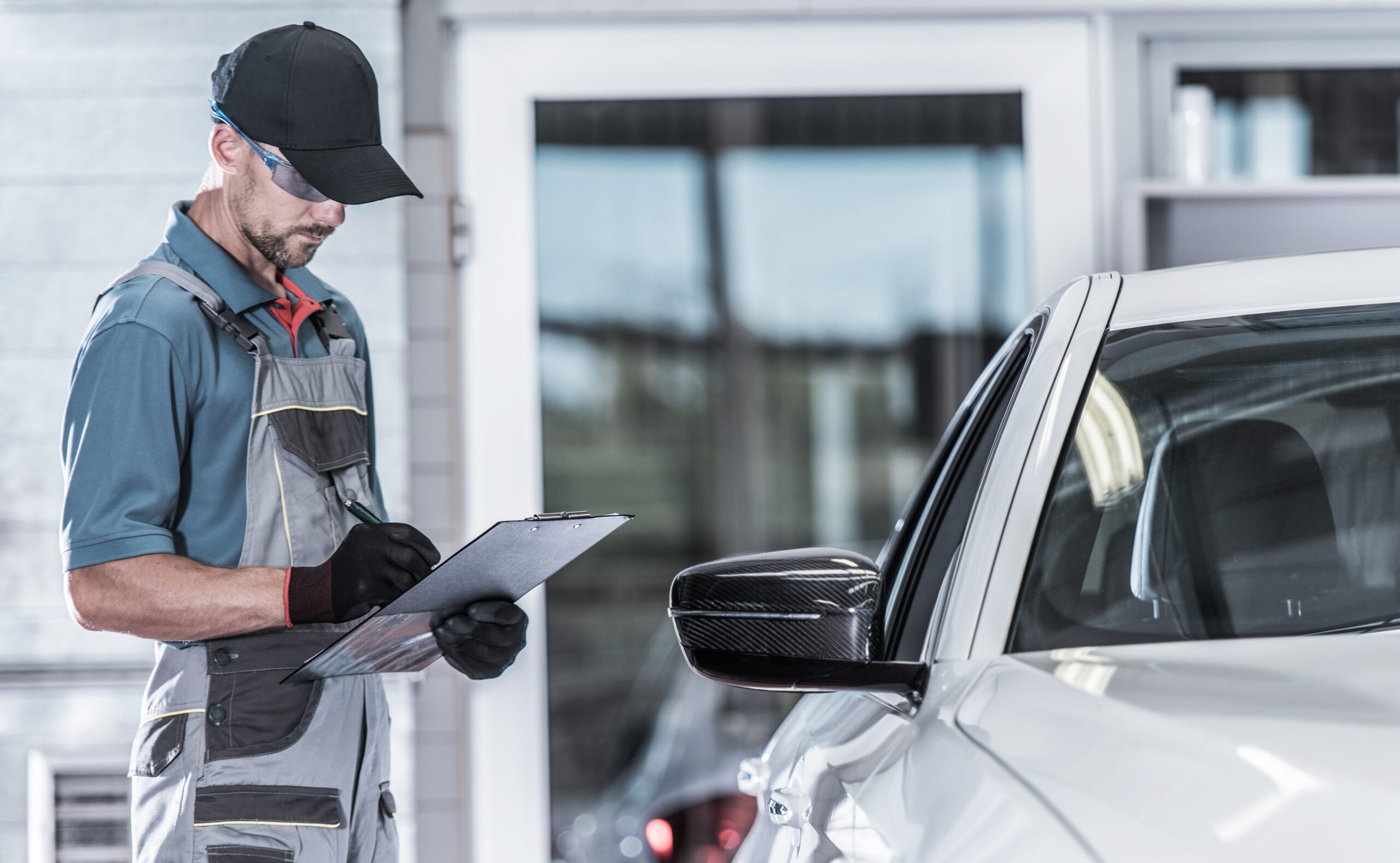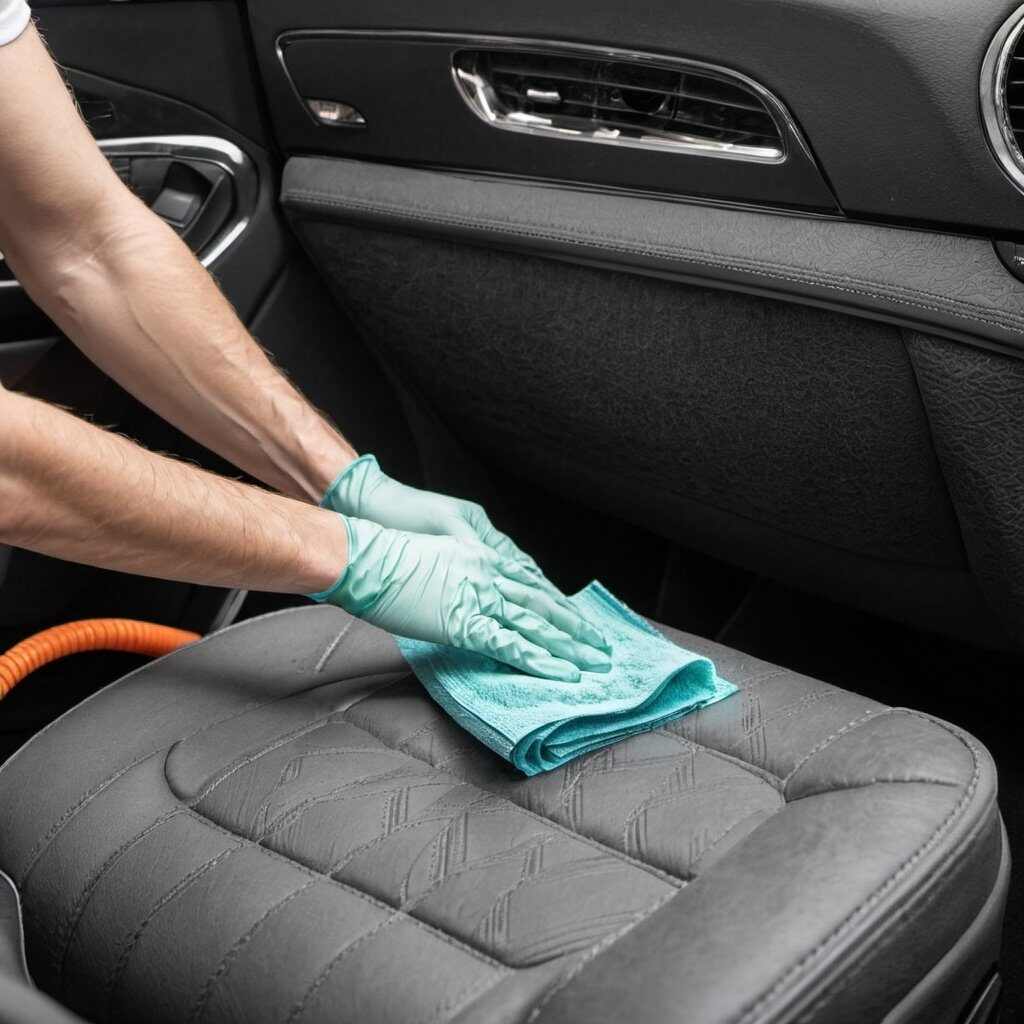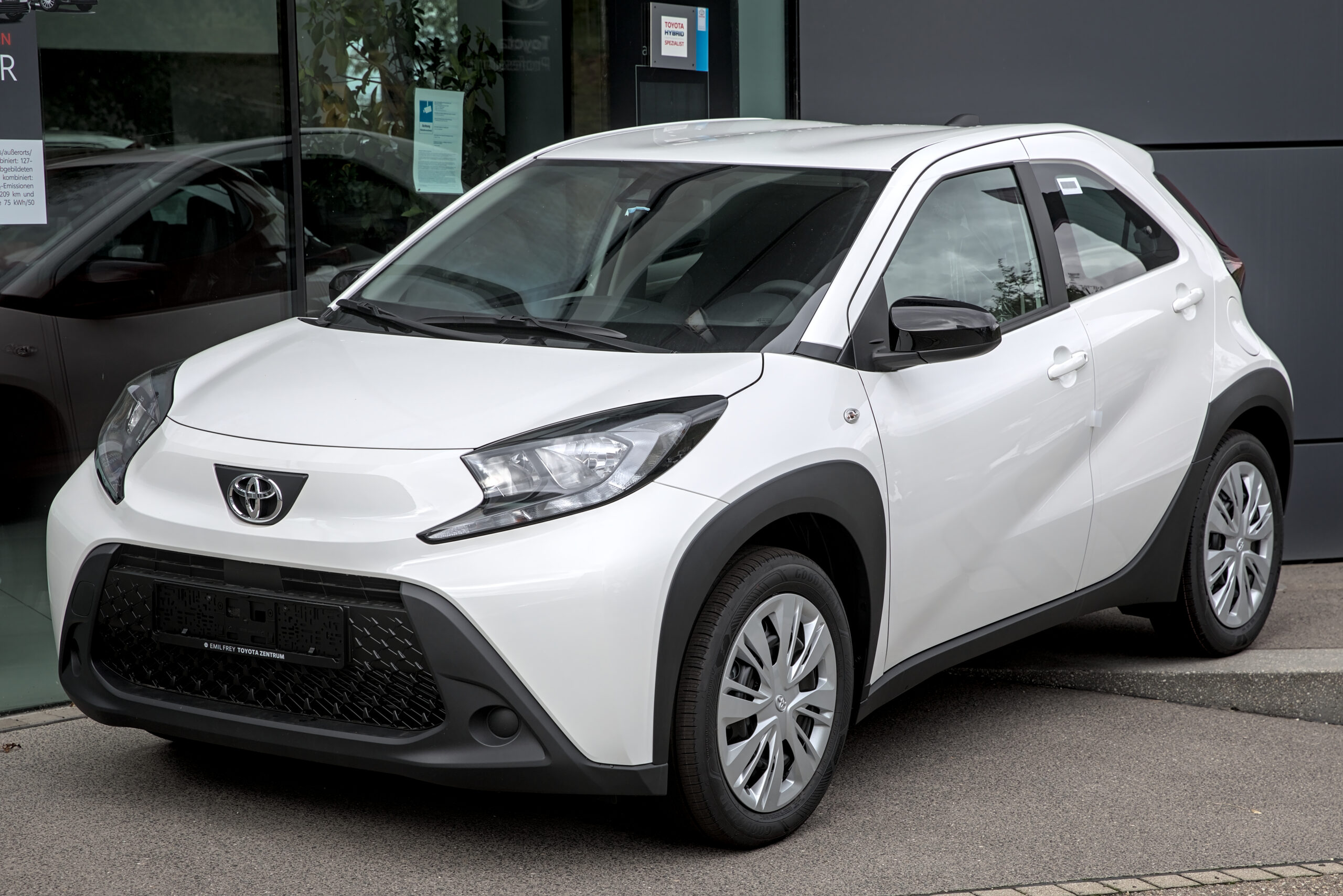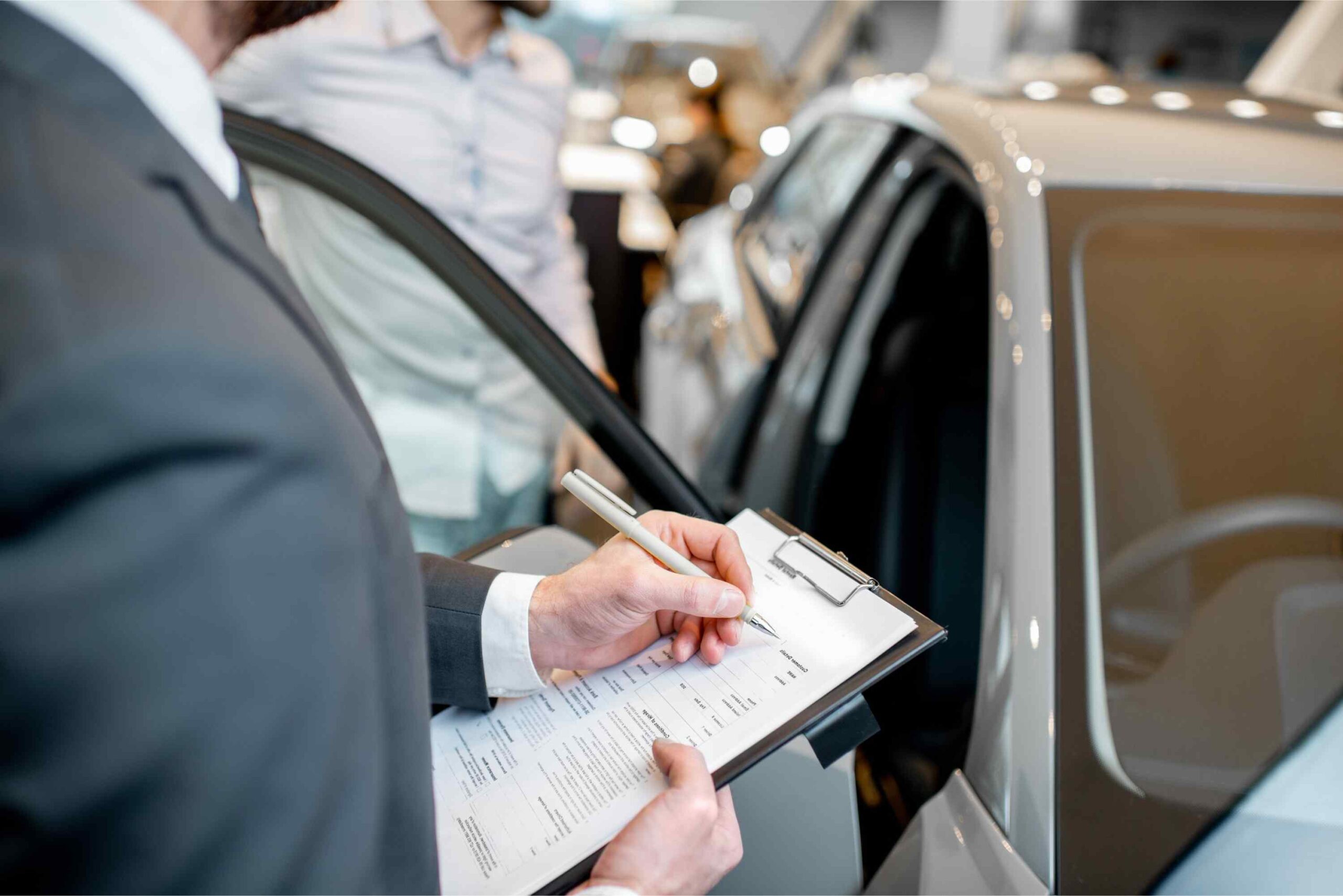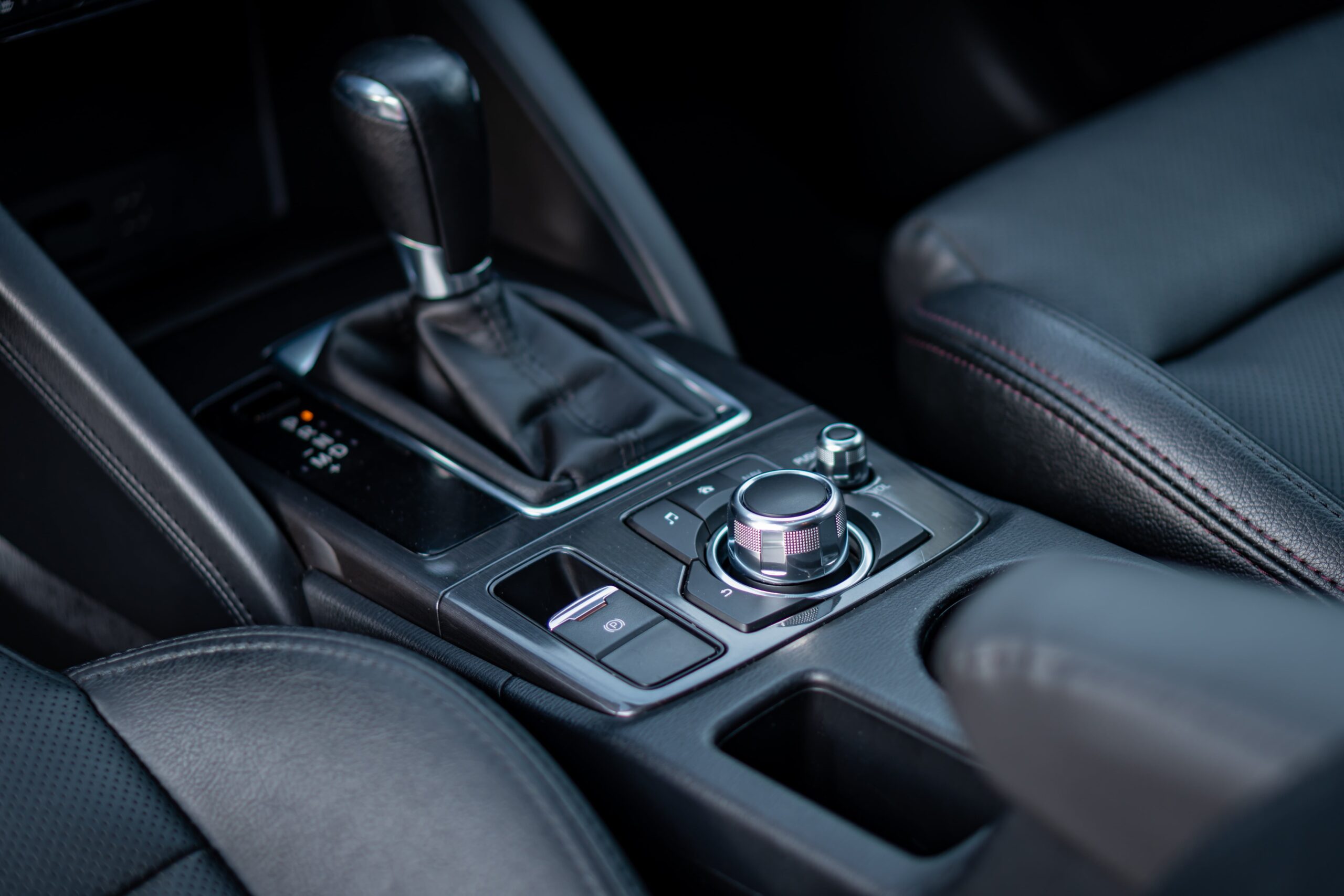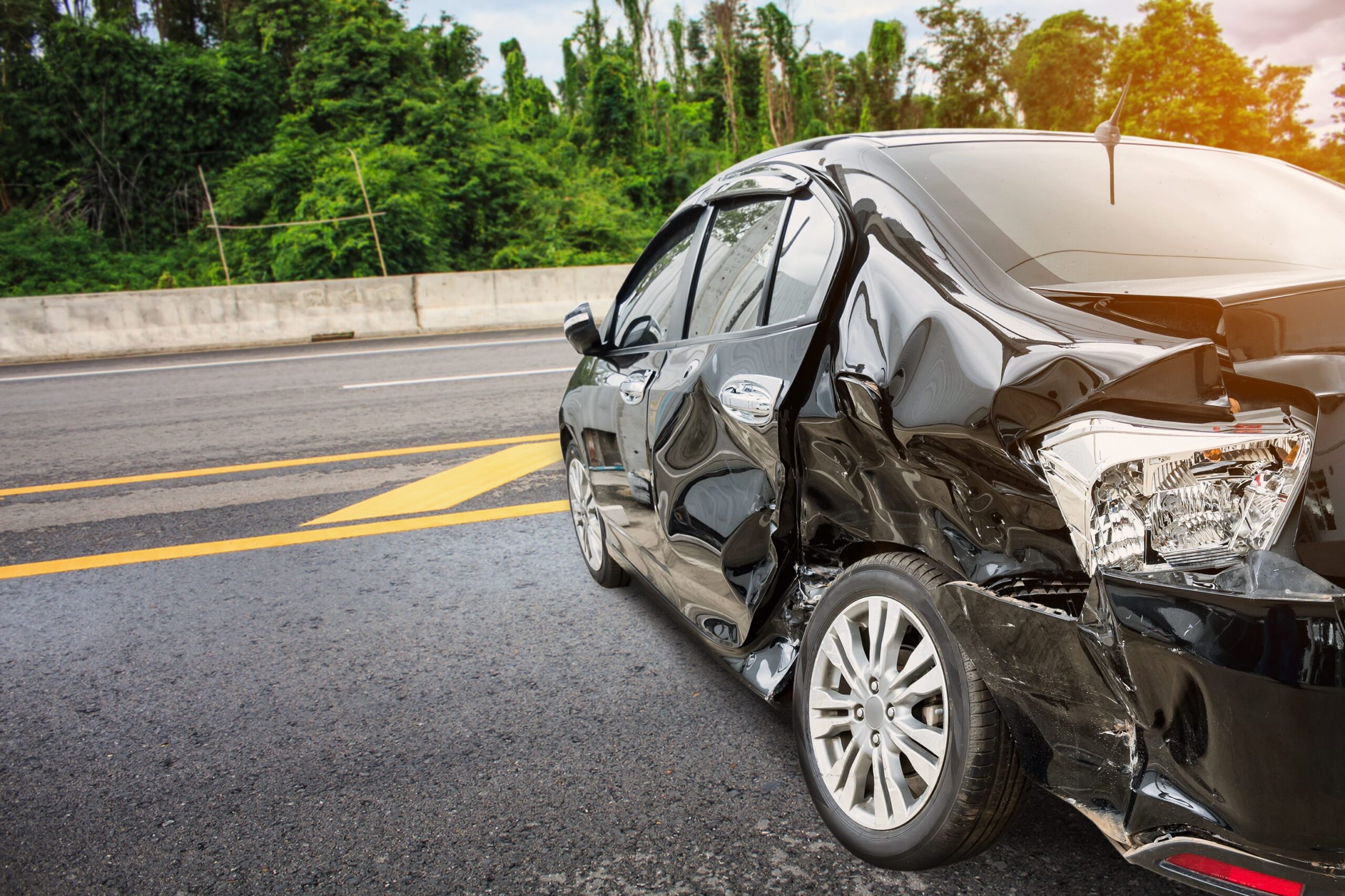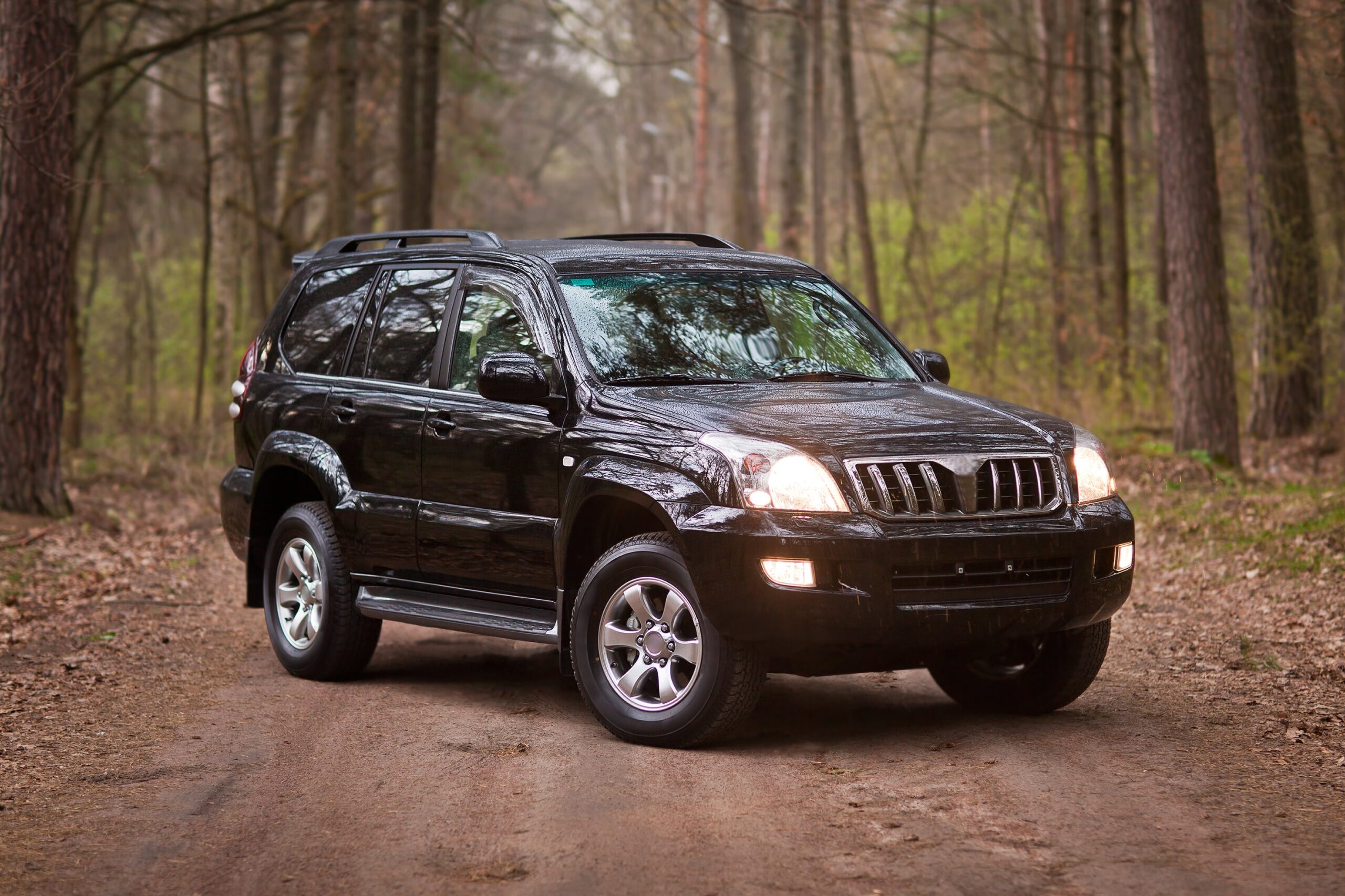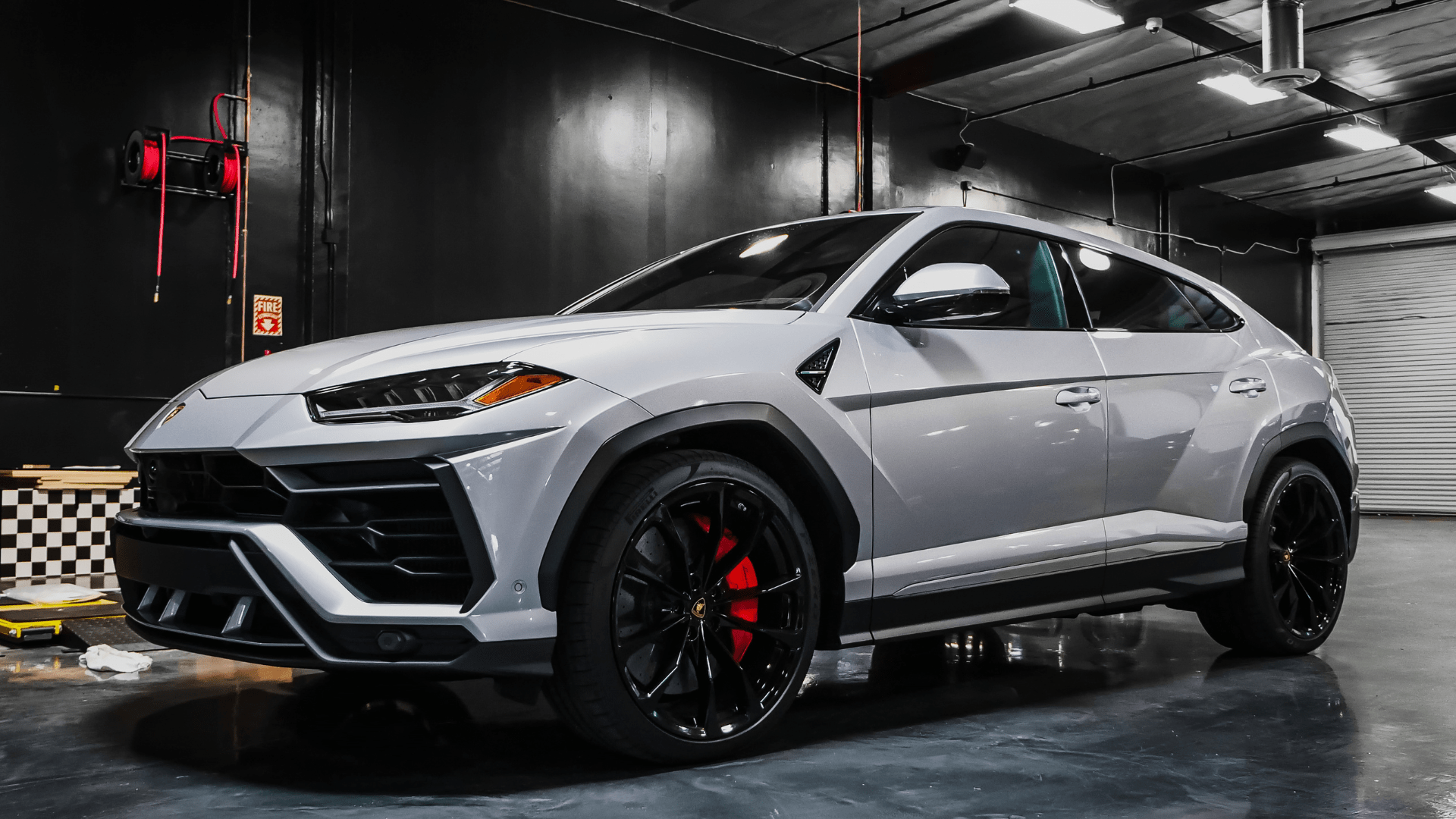
How to Remove Cat N From Car? Is That Even Possible?
When purchasing a car, it’s always important to know the history and condition of the vehicle. This is why categories like Cat N (Category N) exist, to inform buyers of any potential risks or issues with the car.
But what if you’ve already owned a Cat N car? Or perhaps you’re looking to buy a Cat N car and wondering if it’s possible to remove the category designation.
In this guide, we’ll explain everything you need to know about Cat N cars and whether or not it’s possible to remove the category.
Cat N Car Meaning
Cat N cars, previously known as Category D before the reclassification in October 2017, fall under a designation used to indicate certain types of damage to a vehicle.
In essence, the term “Cat N” corresponds to “Category Non-Structural.” It means the car in question has suffered damage, but crucially, this damage does not affect the core structural frame or chassis of the vehicle.
The reason a car is labelled as Cat N by insurance companies usually comes down to economics. If a car’s repair costs exceed its market value, it’s simply not financially viable for an insurance company to pay for repairs. Therefore, they write the car off as Cat N.
Nevertheless, this doesn’t spell the end of the road for these vehicles. A Cat N car can be repaired and returned to the road legally.
How to Remove Cat N From Car?
Unfortunately, you cannot remove the Cat N category from a car. Once a vehicle has been designated as Category N, this status is irreversible and becomes a permanent part of the vehicle’s history.
It may seem frustrating to not be able to remove the Cat N designation, but this regulation has a good reason behind it. Transparency in the car’s history is crucial, as it ensures that all prospective car buyers are fully aware of any previous significant damage or repairs, maintaining a level of trust in the used car market.
Attempts to remove or conceal a vehicle’s Cat N status are not only illegal but undermine the integrity of the entire system designed to protect consumers.
Get a Top Offer for Your Cat N Car
Don’t settle for less – enter your registration number and mileage and receive a free, no-obligation valuation!
How Does Category N Affect Insurance?
When it comes to insurance, a Category N classification can make things a bit more complicated.
Insurance companies see Cat N vehicles as a higher risk, which usually translates to a higher insurance premium for the owner. The reasoning behind this is that a Cat N car has had a history of damage, which may mean it’s more liable to have issues in the future.
Moreover, the majority of insurance providers may outright refuse to cover a Cat N car because of its history. This can limit options for owners looking to insure their vehicles.
Despite this, it’s not impossible to find coverage. There are insurers that specialise in providing policies for cars with this classification, although they will likely charge a premium for the service.
One critical point to remember is the importance of full disclosure. If you’re seeking insurance for a Cat N car, you must inform your insurer of the vehicle’s category status. Failing to do so could invalidate your policy, which could lead to serious legal and financial repercussions, especially if you’re involved in an accident.
Also Read: What is a Cat A, Cat B, Cat S, or Cat N write-off car
Should You Repair a Cat N Car?
Now that we know it’s not possible to remove the Cat N designation from a car, the question is that is it worth to repair a Cat N car?
The insurance company simply writes off a Cat N car because the repair costs are more than the market value of the car – but it doesn’t mean that the car is not worth repairing at all.
Deciding whether it’s worth repairing a Cat N car demands careful consideration. The crux of the matter lies in balancing the repair costs against the value and usability of the vehicle post-repair.
Factors to weigh include:
- The extent and severity of the damage: Minor cosmetic issues may be worth fixing if the cost is reasonable and the car is otherwise in good shape.
- The age and condition of the vehicle prior to damage: An older, more worn vehicle might not justify the investment.
- Projected costs of repair and potential future issues: If the vehicle is prone to breakdowns or future expensive repairs, it could be a financial sinkhole.
- Personal preference and financial situation: Some might opt for repairs due to attachment to the vehicle or lack of alternative transport options.
These are all important considerations to make, and ultimately the decision will depend on your personal circumstances and priorities. However, the common advice is to sell your Cat N car.
If you’re keen on keeping the car for personal use, ensure that repairs are professionally done.
What Happens if Your Car is Classified as Category N and Written Off?
If your own vehicle gets classified as a Category N write-off, this typically follows the evaluation by an insurance company post-accident, deeming the repair costs impractical in comparison to the vehicle’s value.
If the insurance company decides to write off your car, they will essentially take possession of it and in turn, offer you a cash settlement based on its pre-accident value.
Afterwards, the insurance company may choose to sell or scrap the vehicle to recoup some of their losses.
Should you wish to retain your car and repair it yourself, it is possible to negotiate with the insurer to buy it back at its residual or salvage value.
Bear in mind, however, that while Category S and N cars can be bought back and legally repaired for road use, Category A and B cars cannot—they are deemed too severely damaged and must be scrapped for safety reasons.
Does a Cat N Car Need a New Mot Certificate?
A Category N vehicle, according to the DVLA (Driver and Vehicle Licensing Agency), does not necessitate an immediate new MOT certificate simply due to its classification.
Typically, Category N vehicles sustain non-structural damage, and therefore, might not be inherently unsafe or unroadworthy.
What’s critical is that the car’s existing MOT remains valid until its expiry, after which it will follow the standard MOT renewal process.
However, while not a legal requirement, getting an MOT-standard inspection after repairs is a prudent measure. Especially in cases where the damage might extend beyond superficial flaws.
If your vehicle suffers more significant damage, like engine, mechanical, or electrical issues, a thorough inspection is advisable to ensure safety and drivability.
Keeping a vehicle in roadworthy condition is both a legal and ethical responsibility of the owner.
Is it Possible to Buy A Cat N Car Back From My Insurance Company?
Yes, you can negotiate with your insurance company to purchase your Cat N car back after it has been written off. When an insurance company writes off a vehicle, they typically take ownership and may dispose of it through auctions.
For those who are confident that they can manage the repair costs efficiently, there is the option to discuss buying the vehicle back. Be clear with your intentions and negotiate for the residual or salvage value of the car.
Once you have reacquired the vehicle, it is essential to carry out the required repairs. Before the car can be legally driven on the road again, make sure that it confirms to all safety standards.
Should I Buy a Cat N Car?
Purchasing a Cat N car, also known as a Category N vehicle, can be seen as taking on a car with a story—it’s a vehicle that has suffered some form of damage in the past, typically non-structural, and has been written off by insurance companies.
The first scenario to consider is buying a repaired Cat N car. In simple terms, this should mean you’re getting a bargain; the price should be lower than that of a car without this history.
It’s crucial to have a thorough inspection and a test drive to spot any potential issues. Request all relevant paperwork and a full damage history.
If the damage was merely cosmetic and the repairs are sound, this could be a savvy economical choice.
The alternative situation involves purchasing a damaged car from an auction or salvage dealer, with the aim to get it repaired, possibly to sell it at a profit or for personal use.
Here, caution is key. You should have a complete understanding of the damage and seek professional advice regarding repair costs before committing.
Such ventures are typically pursued by experts or mechanics who have the necessary skills to rehabilitate such vehicles.
For those without this expertise, it’s generally not advisable to purchase a damaged Cat N car with the intention of fixing it up.
So Is a Cat N car worth buying? It depends on your circumstances and level of risk tolerance. If the price is right and the repairs are viable, it could be a wise choice. However, thorough research and expert advice are highly recommended before making any commitments.
